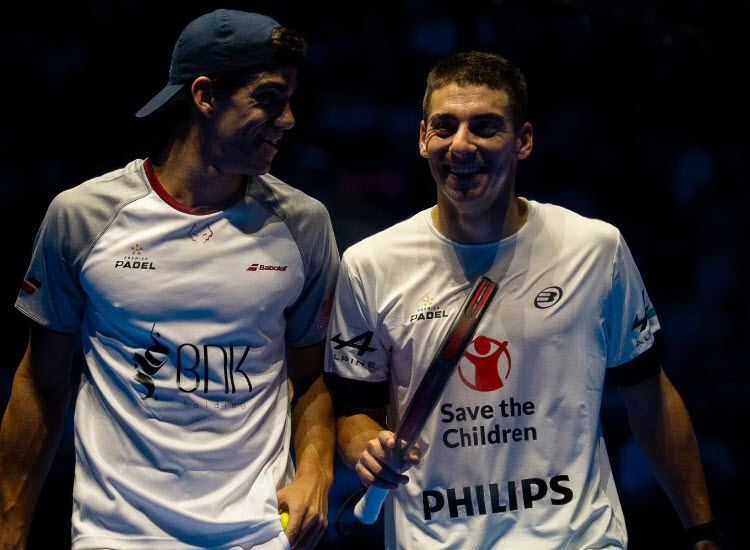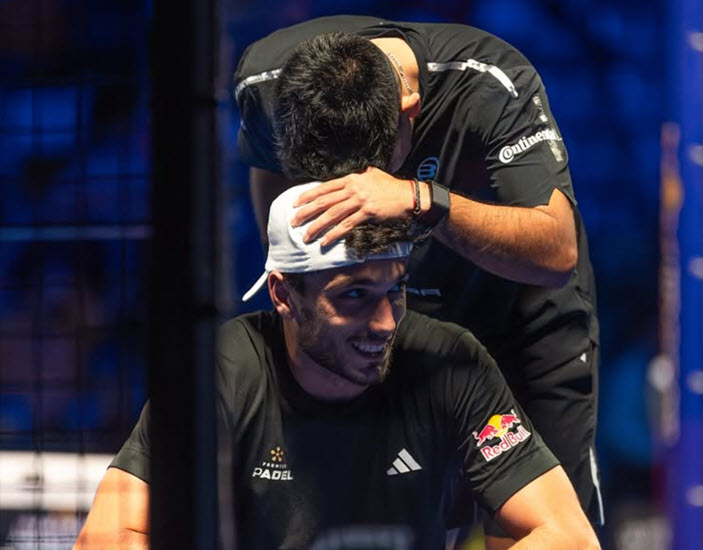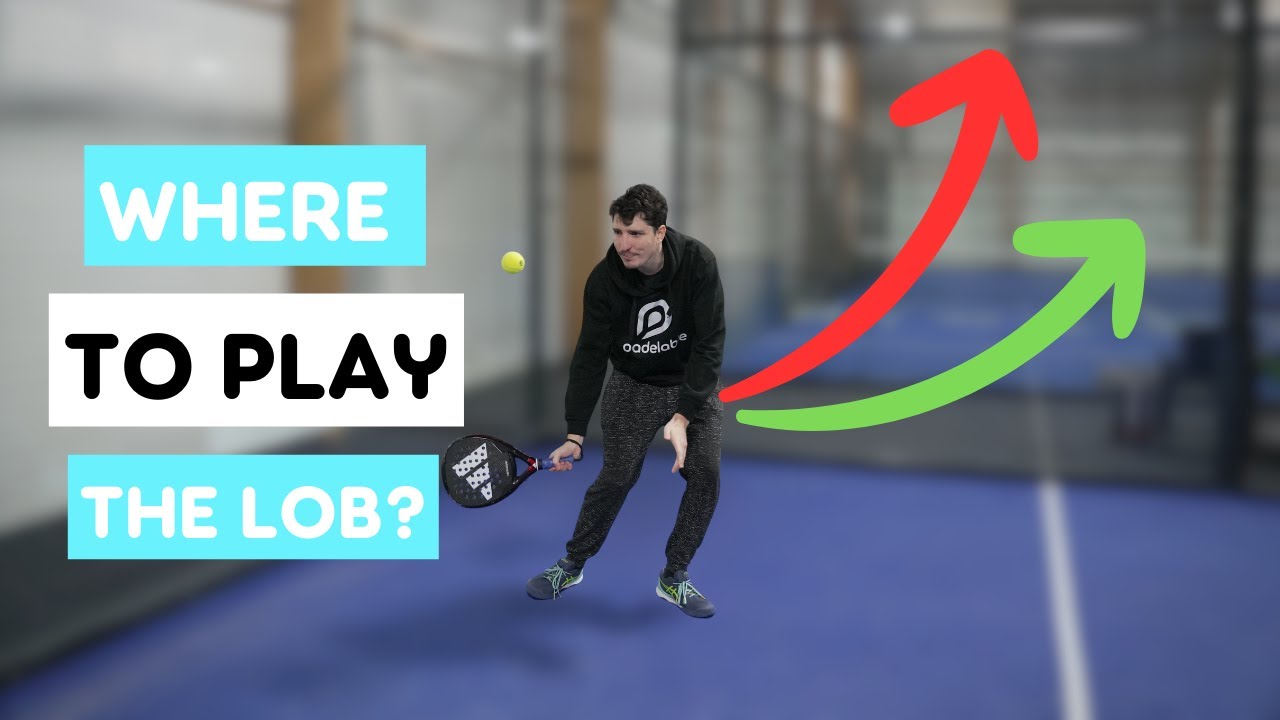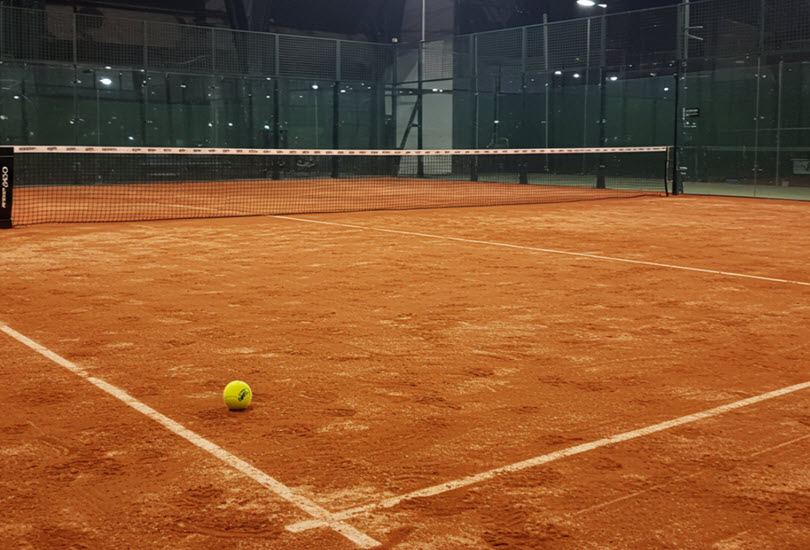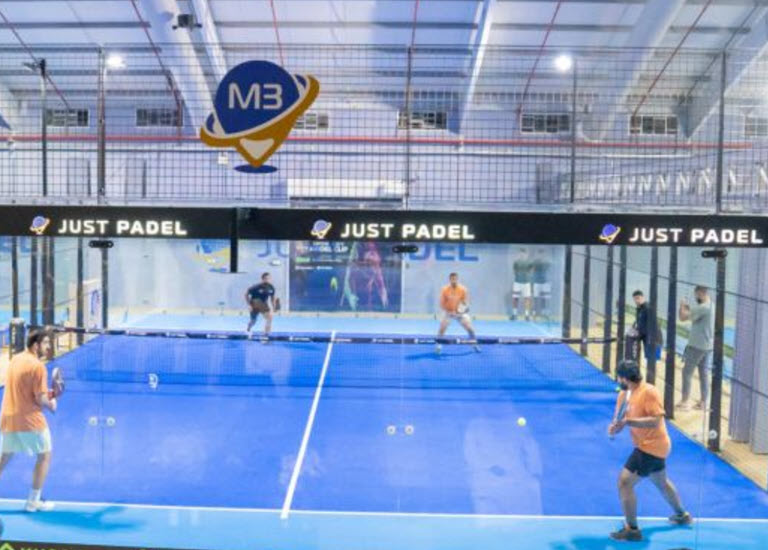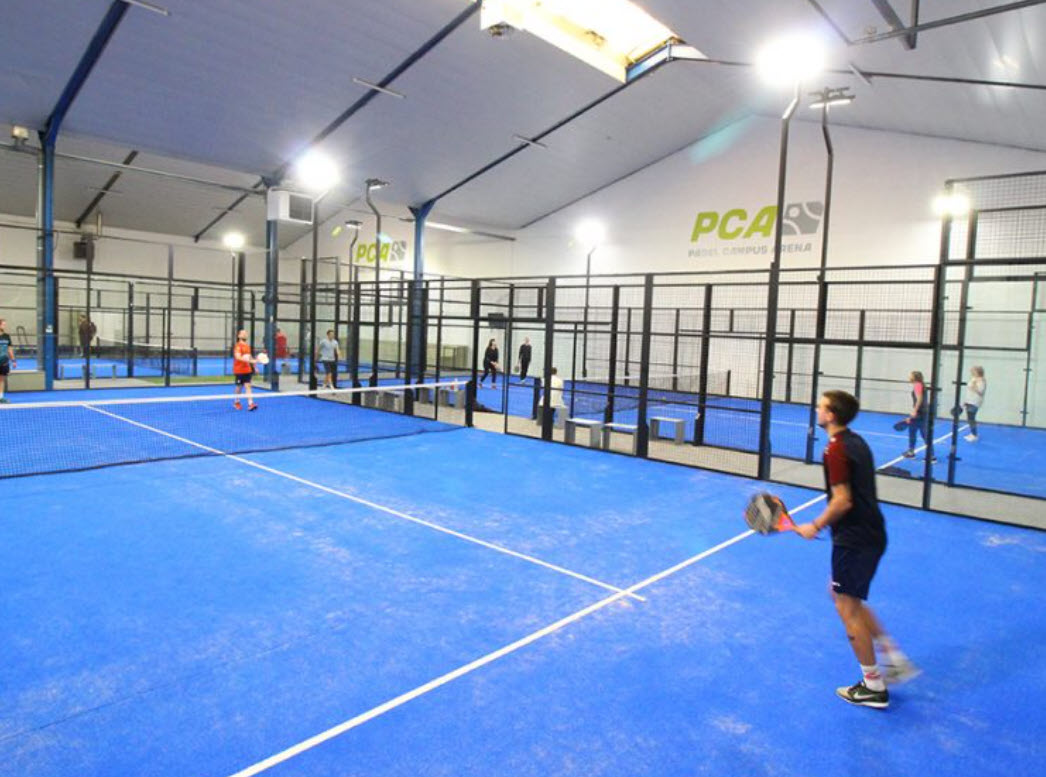
In a shocking turn of events, Max Purcell, the two-time Grand Slam doubles champion, has found himself at the center of a doping controversy. The International Tennis Integrity Agency (ITIA) announced on December 12, 2024, that Purcell had voluntarily accepted a provisional suspension under the Tennis Anti-Doping Program (TADP). This decision came after Purcell admitted to violating Article 2.2 of the TADP, which relates to the use of a prohibited method.
Purcell’s suspension stems from an intravenous (IV) infusion of vitamins that exceeded the allowable limit of 100 milliliters. Despite informing the medical clinic of his professional athlete status and the need to stay within the legal limit, Purcell received an IV drip containing more than the permitted amount. This breach was discovered when Purcell reviewed his medical records, which showed the infusion exceeded the 100 ml limit.
In his statement, Purcell expressed his devastation over the incident, emphasizing his commitment to adhering to anti-doping regulations. He stated, “I pride myself on being an athlete who always makes sure that everything is WADA safe.” Purcell’s transparency and proactive approach in reporting the violation to the ITIA were aimed at resolving the issue and moving forward.
The provisional suspension prohibits Purcell from participating in, coaching at, or attending any tennis events sanctioned by the ITIA or any national association. This means he will miss out on upcoming tournaments, including the Australian Open. The time served under the provisional suspension will be credited against any future sanction, but the length of the suspension has not been specified.
Purcell’s case is part of a series of doping incidents in tennis this year. Notably, five-time Grand Slam champion Iga Swiatek accepted a one-month suspension for testing positive for trimetazidine, while top-ranked men’s player Jannik Sinner faced scrutiny for traces of an anabolic steroid in his system. These incidents highlight the ongoing challenges tennis faces in maintaining the integrity of the sport.
Max Purcell’s voluntary suspension underscores the importance of vigilance and transparency in professional sports. While the incident is undoubtedly a setback for Purcell, his willingness to address the issue head-on and cooperate with authorities may help mitigate the long-term impact on his career. As the tennis community continues to grapple with doping issues, the hope is that such measures will reinforce the sport’s commitment to fair play and integrity.


